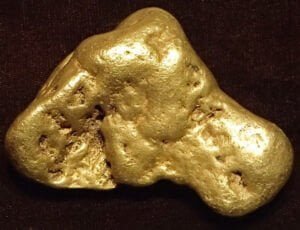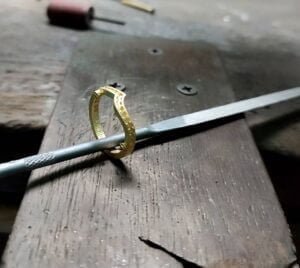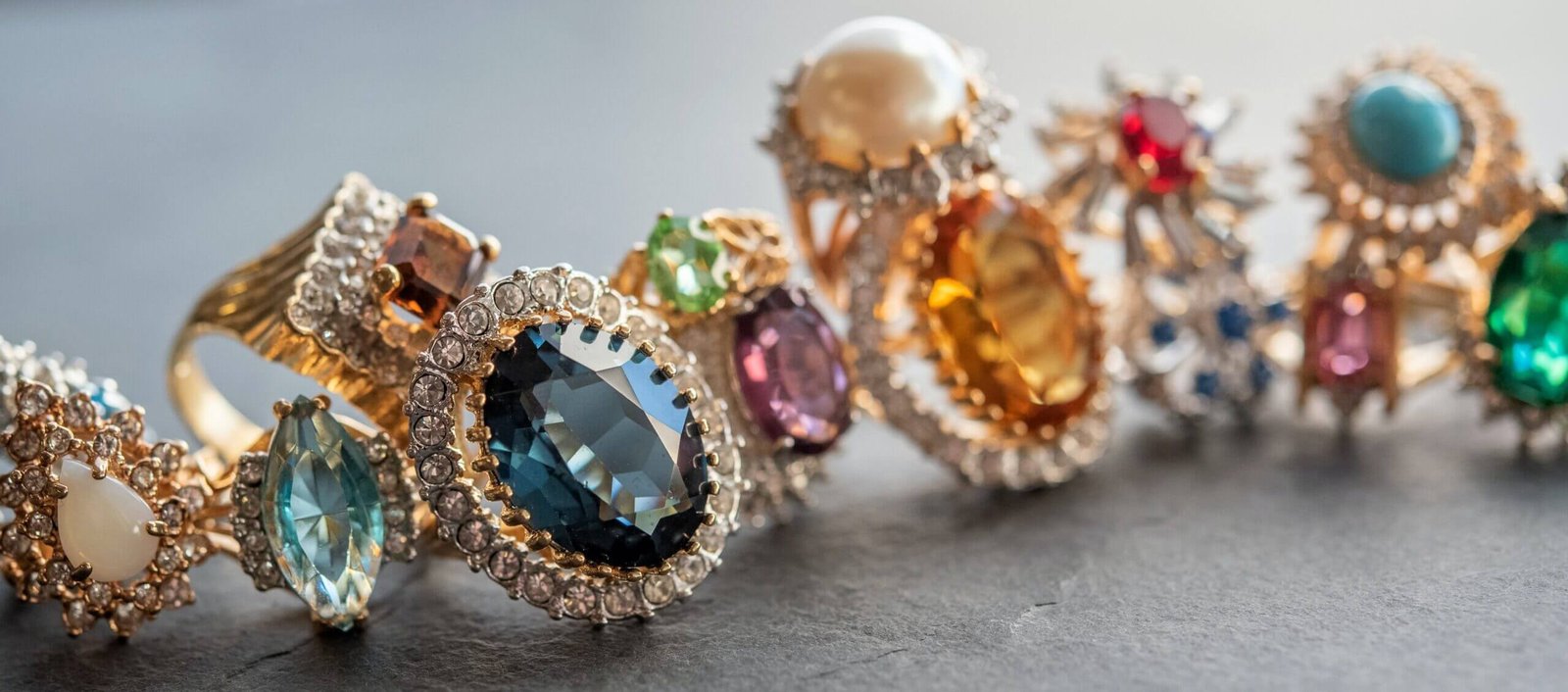What Is The Process Of Making Gold Into Jewelry? Have you ever wondered how shiny gold nuggets are transformed into dazzling jewelry? In this article, we will explore the intriguing process of turning gold into exquisite jewelry pieces that adorn wrists, necks, and fingers. From the initial melting of the gold to meticulous crafting and polishing, you’ll discover the artistry and precision that goes into creating these stunning works of wearable art. So, sit back, grab a cup of tea, and prepare to be amazed as we unravel the secrets of the remarkable process behind turning gold into jewelry.
What Is The Process Of Making Gold Into Jewelry?
making gold into beautiful pieces of jewelry is a fascinating process that requires careful planning, precision, and craftsmanship. From the initial design to the final finishing touches, each step plays a crucial role in creating stunning pieces that we wear and treasure. Let’s take a closer look at the various stages of this process.

Designing the Jewelry
The first step in making gold jewelry is designing the piece. This is where creativity takes center stage. Jewelry designers use their artistic skills to create unique and visually appealing designs. They create detailed sketches or use computer-aided design (CAD) software to bring their ideas to life. The design not only includes the overall look and style but also the specific dimensions and measurements.
Creating the Mold
Once the design is finalized, the next step is to create a mold. The mold will serve as the basis for the final piece of jewelry. There are different methods to create molds, depending on the complexity of the design. For simpler designs, a wax mold can be carved by hand or using specialized tools. More intricate designs may require the use of 3D printing or CNC milling machines to create a precise and detailed mold.

Melting the Gold
With the mold ready, it’s time to move on to the gold itself. Gold is a precious metal that has been valued for its beauty and durability for centuries. To turn it into jewelry, the first step is to melt the gold. This is typically done in a crucible, which is a container capable of withstanding high temperatures. The gold is heated until it reaches its melting point, which is around 1,064 degrees Celsius (1,947 degrees Fahrenheit).
Casting
Once the gold is in its molten state, it is ready to be cast into the mold. The mold is carefully filled with the liquid gold and left to cool and solidify. This process, known as casting, ensures that the gold takes on the shape and details of the mold. After sufficient cooling time, the mold is carefully opened, revealing the solidified gold piece within.

Cleaning the Casting
After casting, the gold piece undergoes a thorough cleaning process. Any excess materials, such as bits of wax or debris, are carefully removed. This ensures that the final piece is clean and free from any imperfections. The cleaning process may involve various techniques, such as brushing, ultrasonic cleaning, or chemical baths, depending on the specific requirements of the piece.
Polishing
Once the casting is clean, it’s time to enhance its appearance through polishing. Polishing helps give the gold piece a smooth and shiny surface, enhancing its overall beauty. Polishing is typically done using abrasive compounds and polishing wheels or machines. The piece is carefully polished to remove any rough surfaces or blemishes and achieve a flawless finish.

Setting Stones
If the jewelry design includes gemstones, such as diamonds, rubies, or sapphires, the next step is to set these stones. Stone setting requires precision and expertise. The jeweler uses various techniques, such as prong, bezel, or channel settings, to securely hold the stones in place while also showcasing their beauty. Each stone is carefully placed and secured to ensure a perfect fit and optimal display of the gemstone’s brilliance.
Engraving and Texturing
Engraving and texturing are additional processes that can be done to add personalized details or decorative elements to the jewelry piece. Engraving involves using specialized tools to carve intricate patterns or designs onto the surface of the gold. Texturing, on the other hand, involves creating unique surface finishes, such as hammered or brushed textures, to add visual interest and depth to the piece.
Final Finishing
After all the desired design elements have been added, the jewelry piece undergoes a final finishing process. This includes any additional polishing or refining to ensure that the piece has a flawless and refined appearance. The jewelry piece is carefully inspected for any imperfections and adjustments are made if necessary. This meticulous attention to detail ensures that the final product meets the highest quality standards.
Quality Control
Throughout the entire process of making gold jewelry, quality control is of utmost importance. At every stage, the jewelry piece is inspected to ensure that it meets strict quality standards. This includes checking for proper dimensions, precise settings, smooth finishes, and overall durability. Jewelry manufacturers take pride in their craftsmanship and strive to deliver pieces that meet or exceed customer expectations.
In conclusion, the process of making gold into jewelry involves various stages, each requiring skill, precision, and attention to detail. From designing the piece to the final finishing touches, every step contributes to creating stunning and timeless pieces of jewelry. Whether it’s a simple band or an intricately designed necklace, the process ensures that gold is transformed into wearable art that brings joy and beauty to its wearer.



